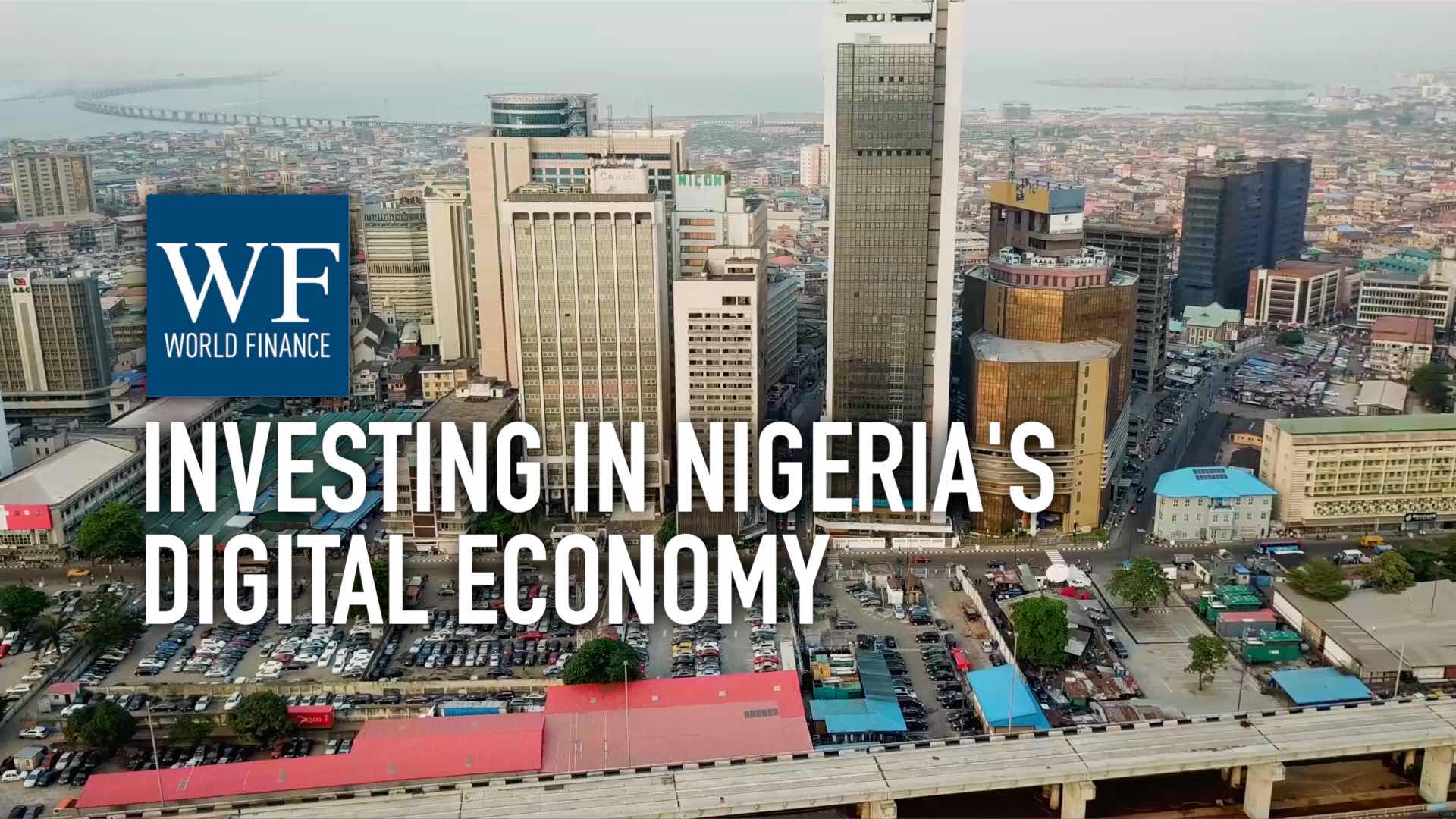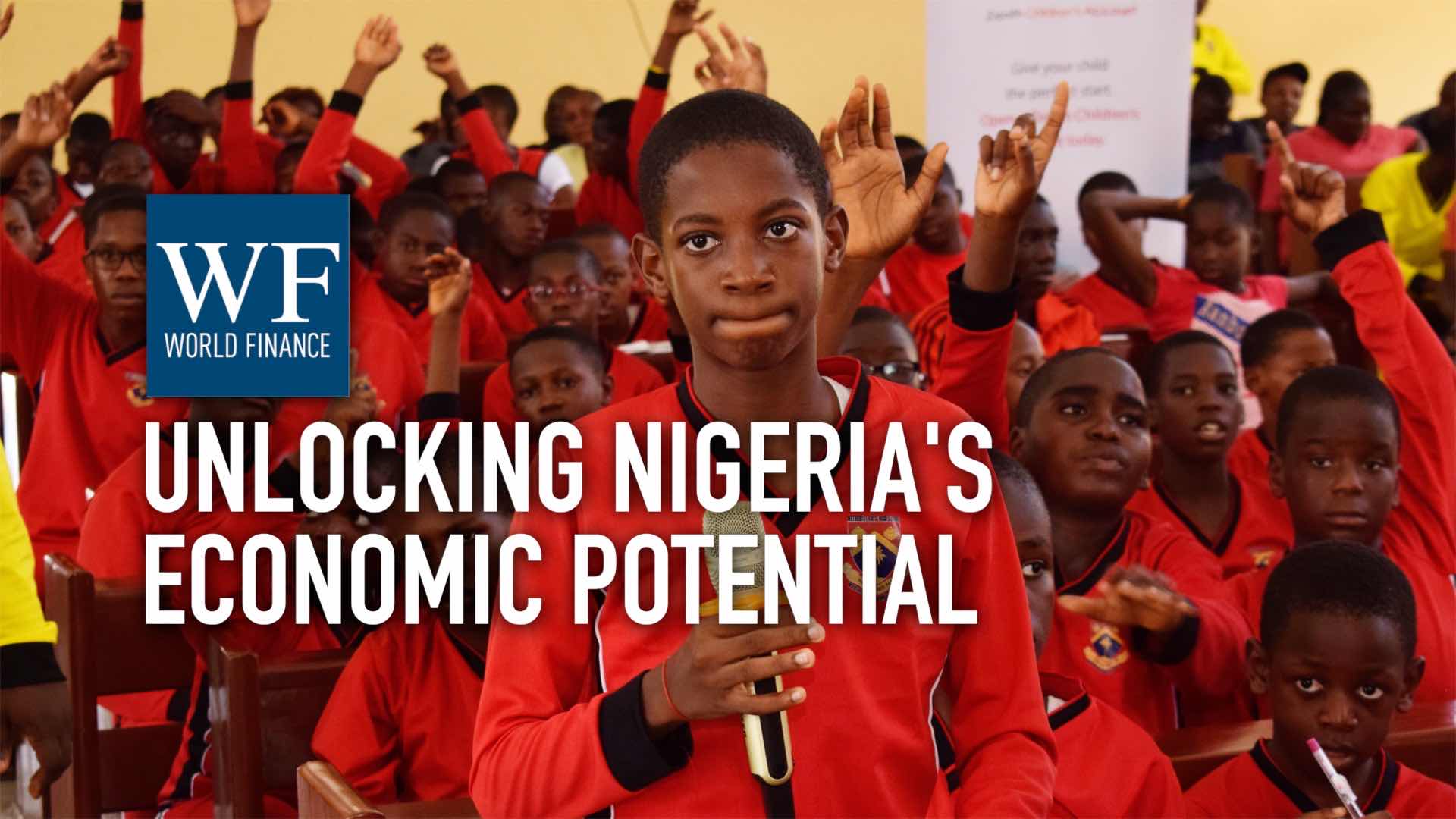How Axxela is transforming Nigerian industries with natural gas
In an economy often dependent on diesel, a reliable natural gas supply can be a game changer
Related:
Transcript
Through its four subsidiaries, Axxela Group provides natural gas to commercial and residential customers across southern Nigeria – and in the process, is helping the country’s industries to transform and grow. Bolaji Osunsanya is Axxela’s CEO; he explains why so many industries are embracing the natural gas advantage, how Axxela’s combination of physical and virtual pipelines are helping extend that advantage outside of the richer south, and what the future holds for the company as it looks to expand across western Africa.
World Finance: Bolaji, Nigeria’s industries often depend on diesel, so gas really can be a game changer.
Bolaji Osunsanya: Yeah, you’re correct Paul. Most industries in Nigeria are dependent on the very dirty fuels. We have in the last 20 years been trying to introduce much cleaner natural gas to the system. We’ve made significant progress introducing natural gas to them, and today they’ve all agreed to take the gas advantage. They’re very keen on its clean nature and the comparative cost advantage.
We have customers in most of the industrial groupings, so we have customers in cement, food and beverage, textiles. Today in total we provide gas to about 200 of the blue-chip industrial concerns in Nigeria. And they’re beginning to use it for more than just their power requirements: they’re also using it for their process needs. So today we have people using gas for their furnaces, for their floor lines, for many other process requirements that we then start to see.
World Finance: Of course you operate traditional pipelines, but also a virtual pipeline for customers out of reach of normal infrastructure – why is this solution so important for Nigeria?
Bolaji Osunsanya: As I’m sure you know, the grid in Nigeria is still very limited – largely in the southern part of Nigeria. And the virtual pipelines get to those stranded customers who are not currently on the pipeline infrastructure. So we’re targeting a large part of the north, and a large part of the middle belt, where the resource is not available, and where there are no linkage pipelines yet.
So we liquefy or we compress the same natural gas, and we put them on wheels – either on trucks, or on rail – and wheel them to the customers wherever they are in the hinterland.
We expect that ultimately all nooks and crannies of Nigeria will have the pipeline infrastructure; but while we adapt, there should be production possible on the tracks of virtual pipelines. So we expect that it will be a forerunner, it will be a door-opener for most of the market. And will probably switch seamlessly away from virtual pipelines back into the pipelines when we get there.
World Finance: Now, how do you ensure your operation is both safe and sustainable?
Bolaji Osunsanya: Well, we deal with natural gas, and natural gas already has conditions under which you would operate safely. And as much as possible we try to keep to those regulations, and as much as possible also we try to pass that on to all our customers. So there’s a lot heavy dose training, heavy dose inspection, heavy dose supervision, that we ensure makes our operation safe.
On the sustainability point, we’re subscribers to the ISO integrated management system, and with that we’re constantly operating according to the guidelines, and ensuring that we have a system that looks at our operations.
Additionally, we’re also subscribers to the Sustainable Development Goals objectives, and each of those principles we’ve embedded in our operations to ensure that we’re working in a sustainable manner.
World Finance: And what does the future hold for Axxela Group? Where are you planning your own growth?
Bolaji Osunsanya: Well I think we’ve used the last 20 years to demonstrate what is possible in the African clime, using Nigeria as the guinea pig, if you like. Now I think we’re confident enough to continue to do that in Nigeria and extend it to the rest of the region. So Togo, Benin, Ghana, and all the other west African states should be beneficiaries of our service in the coming years.
And additionally we will be looking at taking on a lot more in the power space. We’re a gas and power company; we’ve predominantly done more in the gas side. I think it’s time now to push the boundaries into the power space, and in that regard we are already registered on the west African gas pipeline and on the west African power pool. We expect to be able to trade power into these same markets within Nigeria and the region in the coming years.
Additionally, we will be trying to expand the solutions that we have in the gas space. Supply security’s a big part of the strategy going forward; and so we will be getting into processing plants and all the other ways that assure our supplies over time.

 Zenith Bank is ‘at the forefront of encouraging Nigeria’s upcoming digital economy’
Zenith Bank is ‘at the forefront of encouraging Nigeria’s upcoming digital economy’ From zero to hero: with support for SMEs to MNCs, Zenith is unlocking Nigeria’s potential
From zero to hero: with support for SMEs to MNCs, Zenith is unlocking Nigeria’s potential
